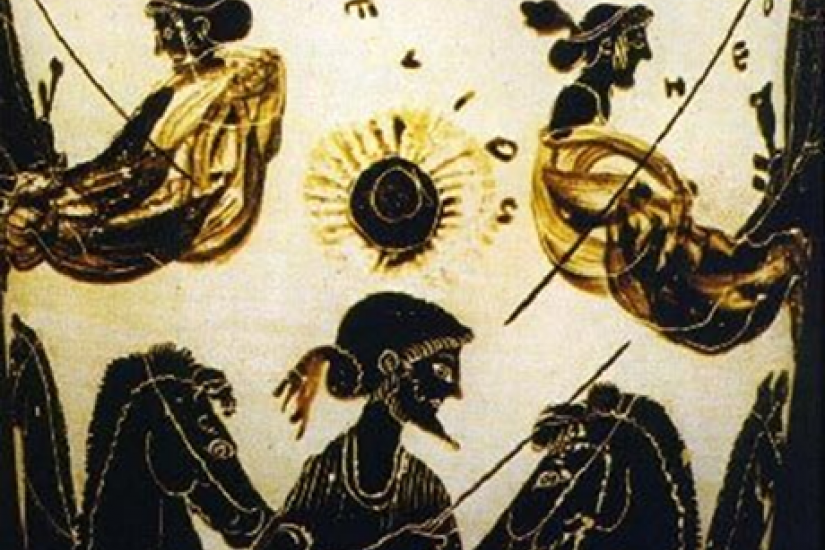
Parmenides of Elea (6-5th c. B.C.E.) is one of the most important and controversial thinkers in Western philosophy. His influence exerted on his disciples (Zeno, Melissus, Empedocles) through the most prominent thinkers of Ancient Greece (Plato, Aristotle, Plotinus) to modern philosophers such as Hegel, Nietzsche, Russell, Heidegger and Popper is impressive. While interpreters are unanimous on his significance in the history of thought, there is no consensus on what makes him such a challenging thinker. In terms of the content of his philosophy, interpretive positions have polarized into two rival schools. The logico-analytic interpretation views him as a progenitor of philosophical concerns with second order issues, a kind of metaphysics meant to present a radical critique of earlier cosmologies, with the consequence of rendering natural philosophy gratuitous. Other accounts, however, assert his continuity with the Ionian tradition of natural philosophy and argue that his counter-intuitive theses in the so-called Alētheia (‟Truth/Reality”) section of his poem are compatible with the Doxa (‟Opinion/Appearance”) section, which describes reality in terms germane both to traditional natural philosophy and ordinary experience. Neither schools, however, do justice to the form of his poem by arguing away the motif of divine revelation as allegorical or rhetorical. The critical appraisal of this neglect is vital for resolving not only the contradiction between the form and the content of the poem, but also the dilemma of ‟Parmenides the metaphysician” vs. ‟Parmenides the physicist”.
Emese Mogyoródi is Senior Fellow at the Institute for Advanced Study. She has published on ancient Greek philosophy and literature in Hungarian and English. Her books include a translation of and commentary to Plato’s Euthyphro and Apology in the series The Complete Works of Plato with Commentaries (Atlantisz, Budapest 2005) and Akhilleusz és Szókratész. Morálpszichológia és politikafilozófia a görög archaikus és klasszikus korban (Achilles and Socrates: Moral Psychology and Political Philosophy in the Archaic and Classical Age of the Greeks) (Gondolat, Budapest 2012). She received her doctorate from Loránd Eötvös University, Budapest in 2002 and is an Associate Professor at the Department of Philosophy, University of Szeged.